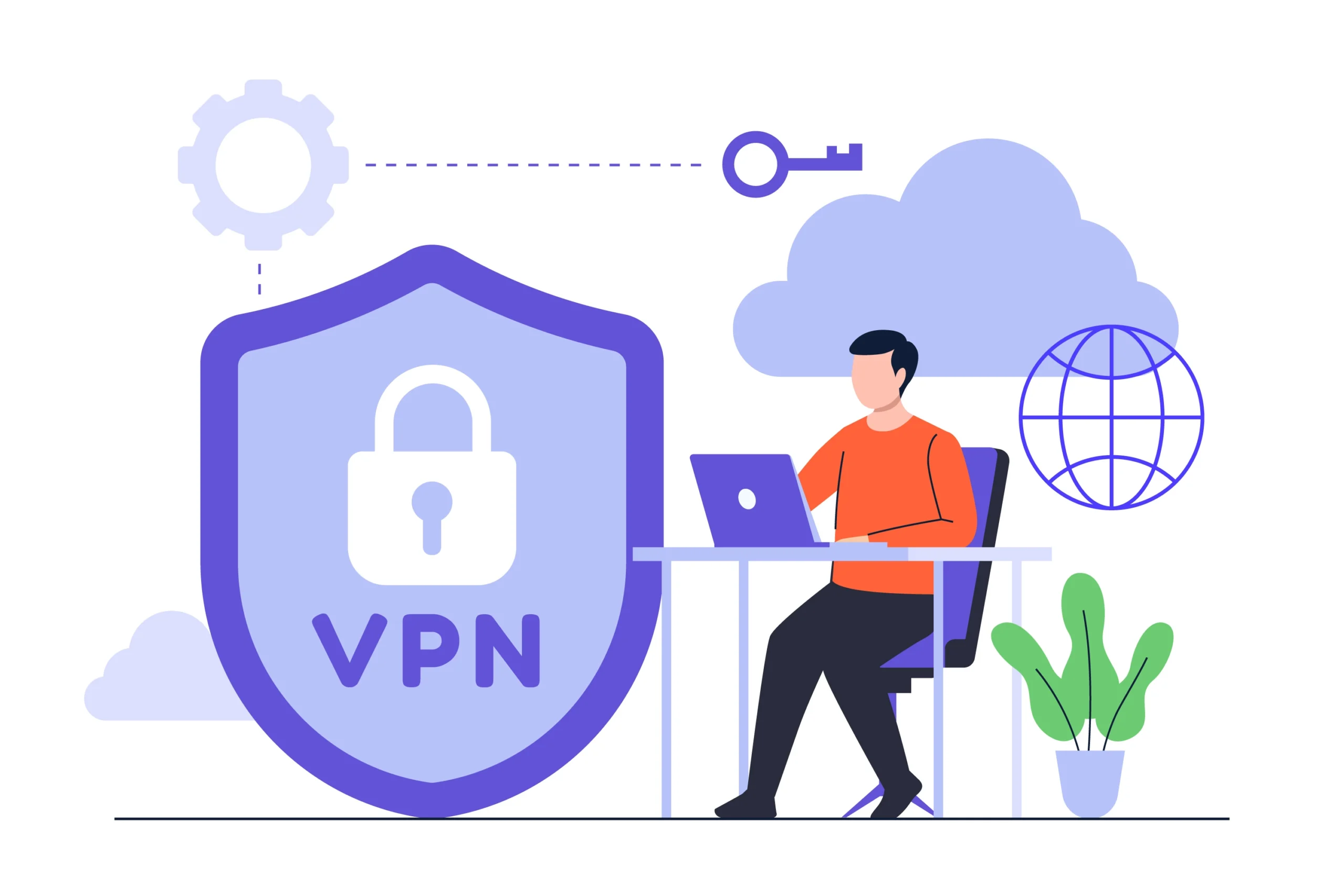Introduction
In our increasingly digital world, the term “VPN” has become a household name. But what exactly is a VPN, and why is it important? VPN stands for Virtual Private Network, and it is a crucial tool for ensuring online privacy and security. This article will delve into what a VPN is, how it works, its benefits, and its various applications.
What is a VPN?
A VPN, or Virtual Private Network, is a service that creates a secure, encrypted connection between your device and a remote server. This connection hides your IP address and encrypts your internet traffic, making it difficult for third parties to track your online activities.
How Does a VPN Work?
A VPN works by routing your internet traffic through an encrypted tunnel to a server operated by the VPN provider. This process involves several key steps:
- Connection Establishment: When you connect to a VPN, your device exchanges keys with a VPN server to create a secure, encrypted connection.
- Data Encryption: All data transmitted between your device and the VPN server is encrypted, protecting it from eavesdroppers.
- IP Address Masking: The VPN server assigns you a new IP address, masking your real IP address and location.
- Traffic Routing: Your internet traffic is routed through the VPN server, making it appear as though you are accessing the internet from the server’s location.
Benefits of Using a VPN
Using a VPN offers several significant benefits, particularly in terms of privacy, security, and access.
Enhanced Privacy
One of the primary reasons people use VPNs is to maintain their privacy online. By masking your IP address and encrypting your data, a VPN makes it much harder for websites, advertisers, and even your internet service provider (ISP) to track your online activities.
Improved Security
A VPN enhances your online security by encrypting your internet traffic. This encryption is particularly important when using public Wi-Fi networks, which are often unsecured and vulnerable to hackers. With a VPN, your data is protected from interception and tampering.
Access to Restricted Content
VPNs also allow you to bypass geographical restrictions and censorship. By connecting to a server in a different location, you can access content that is otherwise unavailable in your region. This feature is particularly useful for streaming services, where content libraries vary by country.
Types of VPNs
There are several types of VPNs, each with its specific use cases and features.
Remote Access VPN
A Remote Access VPN allows individual users to connect to a private network from a remote location. This type of VPN is commonly used by businesses to enable employees to securely access the company’s network from anywhere in the world.
Site-to-Site VPN
A Site-to-Site VPN connects entire networks to each other. This type of VPN is often used by large organizations with multiple office locations. It allows offices to share resources and communicate securely over the internet.
Client-to-Server VPN
In a Client-to-Server VPN, the user connects to a specific server rather than an entire network. This type of VPN is often used for accessing specific services or resources securely.
Choosing the Right VPN
When selecting a VPN service, several factors should be considered to ensure you choose the right one for your needs.
Security Features
Look for a VPN that offers robust security features, including strong encryption, a no-logs policy, and protection against DNS leaks. Additional features like a kill switch, which disconnects your internet if the VPN connection drops, can also enhance security.
Server Locations
The number and location of servers offered by a VPN provider are crucial for accessing geographically restricted content. Ensure the provider has servers in the locations you need.
Speed and Performance
VPNs can sometimes slow down your internet connection due to the encryption process. Choose a VPN known for maintaining good speeds and performance to ensure a smooth online experience.
User-Friendly Interface
A VPN with a user-friendly interface is essential for a seamless experience, especially for those who are not tech-savvy. Look for services with easy-to-use apps and clear instructions.
Applications of VPNs
VPNs have a wide range of applications beyond just enhancing privacy and security.
Bypassing Censorship
In countries with strict internet censorship, VPNs can be used to access blocked websites and services. By connecting to a server in a different country, users can bypass government-imposed restrictions.
Safe Torrenting
For those who engage in torrenting, a VPN can provide an added layer of security and anonymity. It hides your IP address from other peers and protects your data from potential legal issues.
Secure Online Banking
Using a VPN when accessing online banking services can protect your financial information from cybercriminals. The encryption ensures that your sensitive data remains confidential.
Remote Work
With the rise of remote work, VPNs have become essential tools for businesses. They allow employees to securely access company networks and resources from anywhere, ensuring productivity and security.
Conclusion
In today’s digital age, a VPN is an indispensable tool for anyone concerned about online privacy and security. By encrypting your data and masking your IP address, a VPN protects your online activities from prying eyes and allows you to access content without restrictions. Whether you’re using it for personal browsing, remote work, or accessing restricted content, understanding the ins and outs of VPNs is crucial for making informed decisions about your online security. As the internet continues to evolve, the importance of VPNs will only grow, making them a vital component of your digital toolkit.



